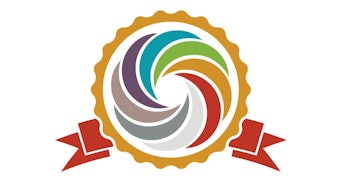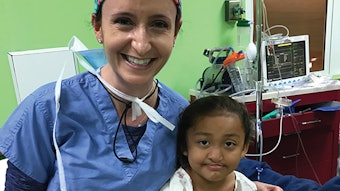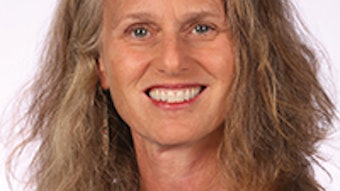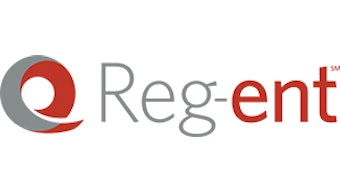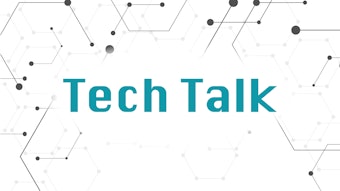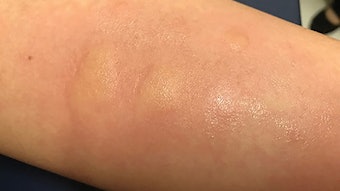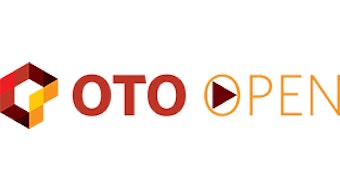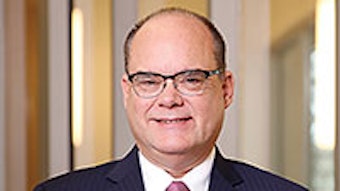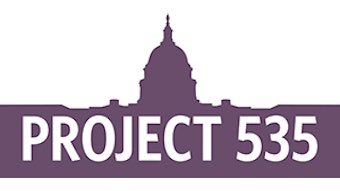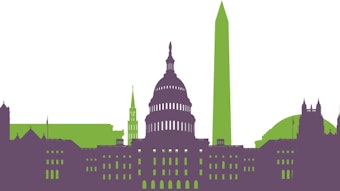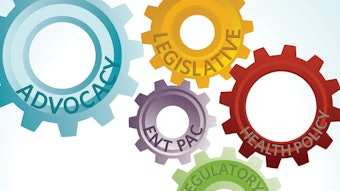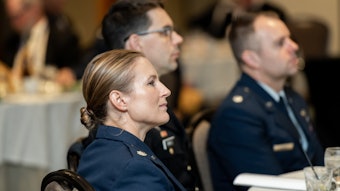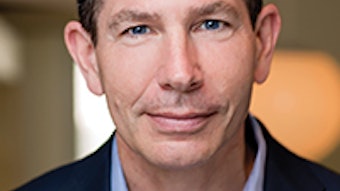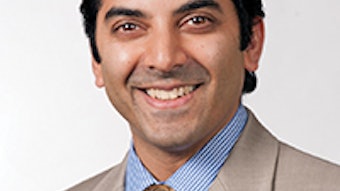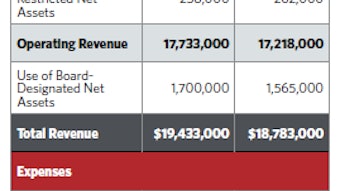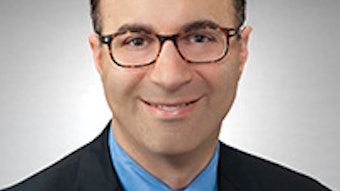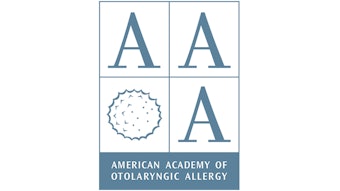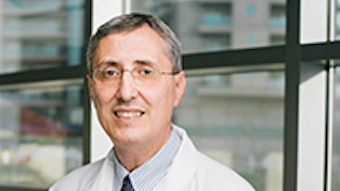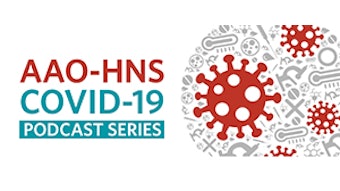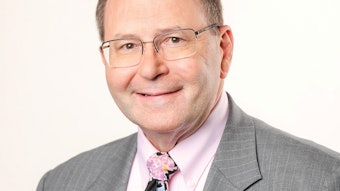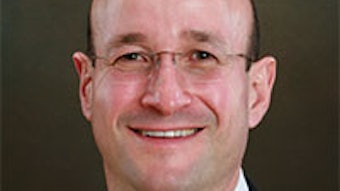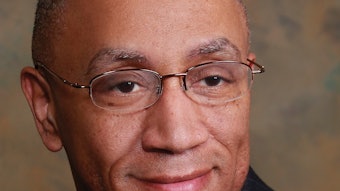Federal Relief for Otolaryngologist-Head and Neck Surgeons Amid the COVID-19 Pandemic
As the novel coronavirus has spread in communities across the United States, the AAO-HNS has fiercely advocated for relief for otolaryngologist-head and neck surgeons on the federal level. With the steadfast support of AAO-HNS members through grassroots advocacy, the Academy has worked to negotiate on behalf of the specialty to ensure that our members and the patients they serve are protected during this unprecedented time.
As the novel coronavirus has spread in communities across the United States, the AAO-HNS has fiercely advocated for relief for otolaryngologist-head and neck surgeons on the federal level. With the steadfast support of AAO-HNS members through grassroots advocacy, the Academy has worked to negotiate on behalf of the specialty to ensure that our members and the patients they serve are protected during this unprecedented time. Congress has passed, and President Trump has signed into law, four separate pieces of legislation to address the COVID-19 pandemic. Of these four bills, H.R. 748, “The Coronavirus Aid, Relief, and Economic Security (CARES) Act,” was the largest package from Congress, totaling $2.2 trillion in federal aid, aimed to provide emergency relief to individuals and businesses during the COVID-19 crisis. While other legislation has been enacted, the CARES Act is the most comprehensive in its relief provided to our specialty. The CARES Act (the “Act”), which President Trump signed into law on March 27, includes the following relief provisions for otolaryngologist-head and neck surgeons practicing across a range of settings.
Paycheck Protection Program
The Act included roughly $350 billion in funding to support small businesses experiencing economic strains caused by COVID-19. The Paycheck Protection Program (PPP) created Small Business Administration loans of up to $10 million to help cover salaries, leave and health benefits, rent, and/or retirement obligations, among other uses. Physician practices with no more than 500 employees may qualify. While initial funding for the PPP was expended on April 16, President Trump signed into law the “Paycheck Protection Program and Health Care Enhancement Act” on April 24 that appropriated an additional $321 billion for PPP loans. At the time of publication, the second round of PPP funding is nearly expended.
Personal Protective Equipment
The Act takes steps to address the medical supply shortages and provides $16 billion for the Strategic National Stockpile in order to procure personal protective equipment, ventilators, and other medical supplies for federal and state response efforts.
Medicare Telehealth Flexibilities The Act grants the U.S. Secretary of Health and Human Services the authority to waive telehealth coverage requirements for new Medicare patients for the duration of the current COVID-19 emergency. Previous legislation provided flexibility only for established patients seen within the past three years. Another provision allows for enhanced use of telehealth under Medicare for federally qualified health centers (FQHCs) and rural health clinics (RHCs). FQHCs and RHCs will be able to serve as distant sites to provide telehealth services to patients in their homes and other eligible locations. Services at these sites would be reimbursed at the national average under the Medicare Physician Fee Schedule.
Temporary Medicare Payment Update
The Act temporarily lifts the 2% sequestration on Medicare payments from May 1, 2020, until December 31, 2020. This provision provides an immediate 2% increase in Medicare physician payment.
Liability Protections
The Act includes critical liability protections for physicians and healthcare professionals who volunteer to provide healthcare services in response to the coronavirus pandemic for the extent of the public health crisis.
While these CARES Act provisions illustrate that Congress is listening and responding to the clinical and economic challenges that otolaryngologist-head and neck surgeons are currently faced with, the effects of COVID-19 on physicians and their practices will remain in the face of the pandemic. As such, the Academy’s Advocacy Team will continue to advocate for further meaningful relief. The AAO-HNS thanks the physician volunteers who have helped ensure the success of the Academy’s advocacy efforts. It is with your hard work and support that the Academy can secure help for our members and their patients!
